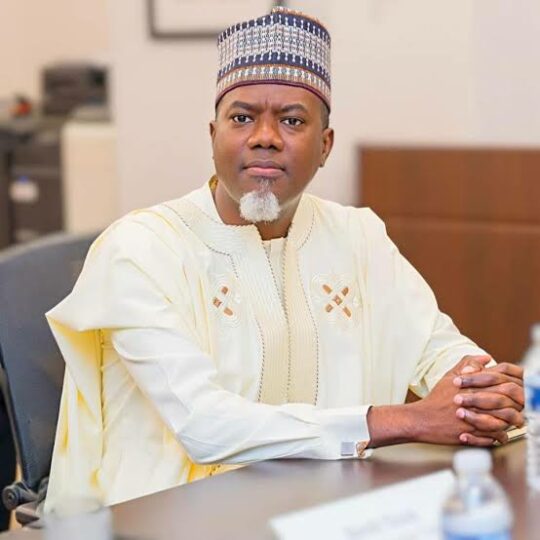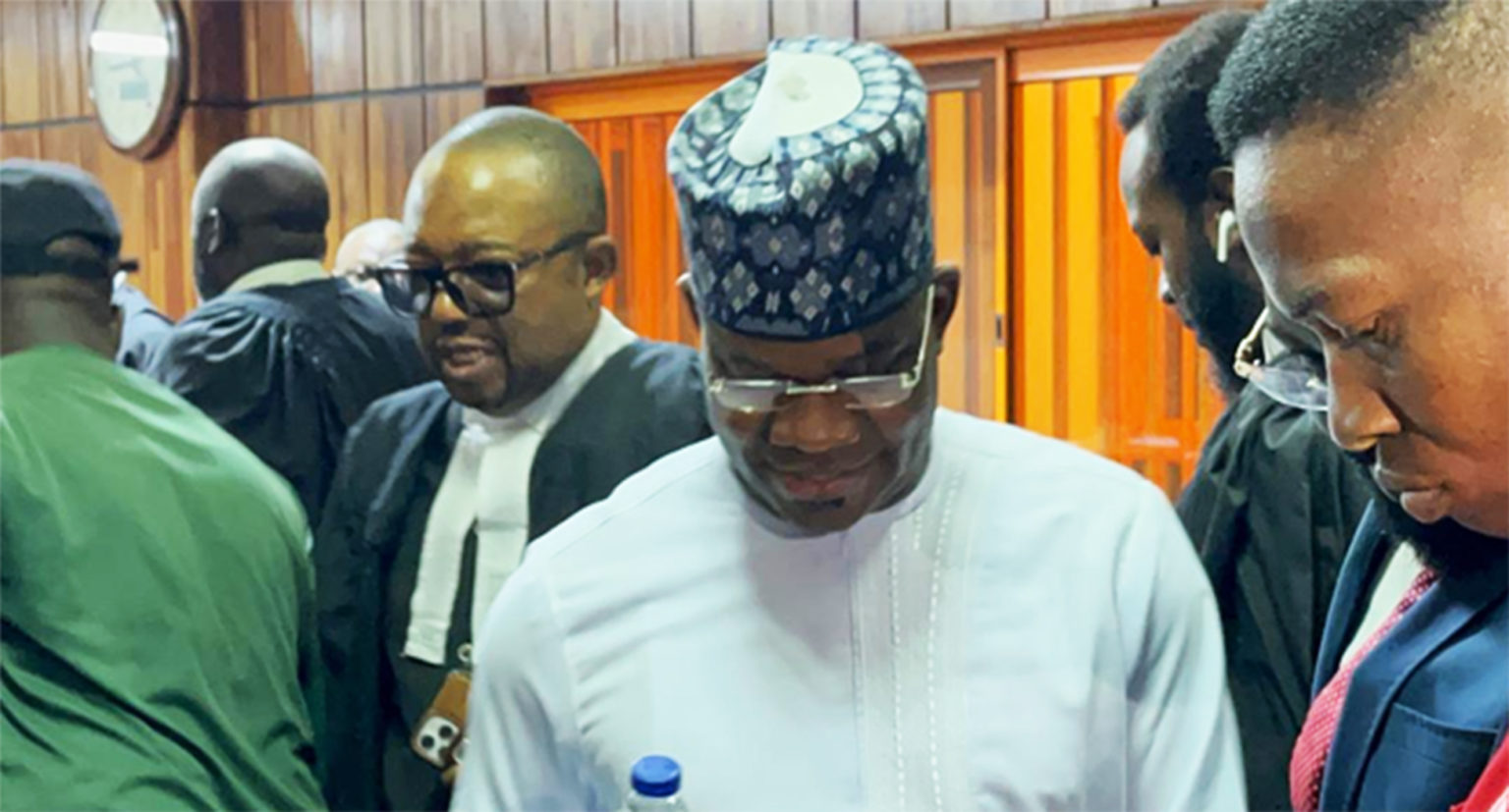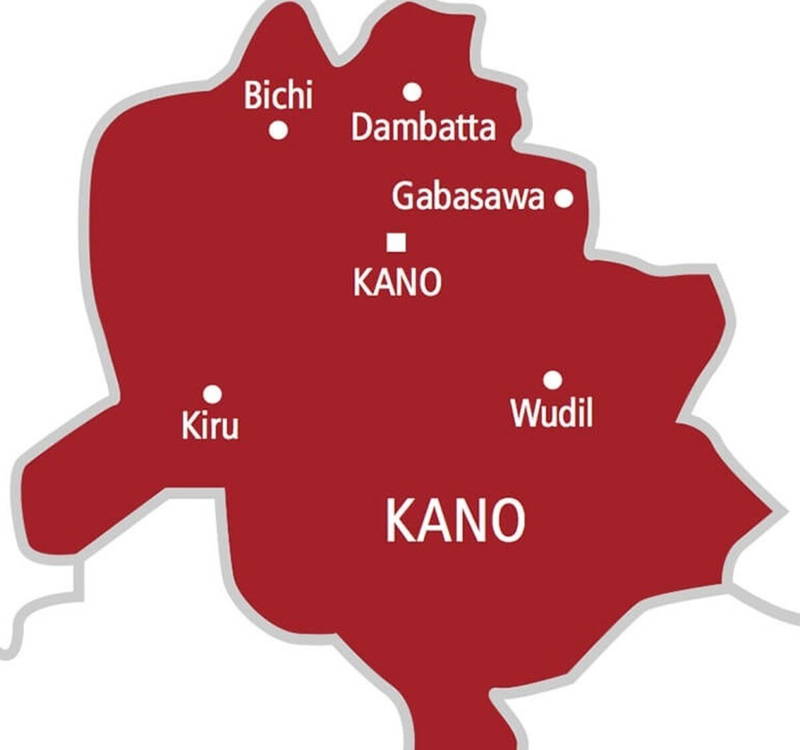National News
NEC approves $90bn Agribusiness, Livestock, Textile strategy to boost Economy
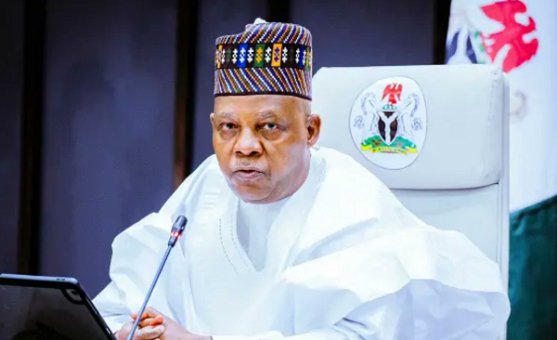
The National Economic Council (NEC) has given its approval for the establishment of a Cotton, Textile and Garment Development Board, alongside a broad agribusiness and livestock development strategy expected to create up to $90 billion in economic value by the year 2035.
These new measures, aimed at reshaping Nigeria’s economy and tackling insecurity from its roots, were ratified during the Council’s meeting chaired by Vice President Kashim Shettima. The gathering also had in attendance the 36 state governors, the Central Bank Governor, and Ministers of Finance, Agriculture, among other key officials.
As part of these initiatives, NEC also endorsed the creation of the Green Imperative Project (GIP) national and regional offices, and formally supported the rollout of a National Agribusiness Policy Mechanism. In addition, steps to reform the livestock sector with a focus on long-term growth and peacebuilding were also approved.
Speaking on the establishment of the Cotton, Textile and Garment Development Board, Vice President Shettima described it as a vital part of President Bola Tinubu’s economic revival plan. He called it “a call to resuscitate a sector that once clothed the nation and powered the economy.” According to him, the board will serve as the regulatory body for the entire industry, include representatives from the six geopolitical zones and relevant federal ministries, and will operate under the Presidency, with funding coming from the Textile Import Levy collected by the Nigeria Customs Service.
Shettima added, “Nigeria is a nation where cotton can thrive in 34 states, yet we currently produce only 13,000 metric tons. This is an open invitation for immediate action.”
Also introduced at the meeting was the National Livestock Growth Acceleration Strategy (NL-GAS), an expanded version of the earlier National Livestock Transformation Plan (NLTP). The new policy aims to modernize the livestock industry, with a focus on cattle ranching and resolving long-standing conflicts in the sector, while also generating an estimated $74–$90 billion by 2035.
The programme is designed to attract both state and private sector investments, with operations guided by a clear federal regulatory framework. Five key priority areas for 2025–2026 include animal health and zoonoses control, feed and fodder development, water resources management, livestock statistics and information systems, and breed improvement initiatives.
The Council also approved the transfer of N100 billion in previously allocated funds to the newly established Federal Ministry of Livestock Development (FMLD), along with plans to set up livestock ministries in all states. The move is expected to encourage full participation from sub-national governments and private sector operators in developing Nigeria’s meat export business.
In the area of skills development, the Minister of Education, Dr. Tunji Alausa, presented a national strategy to train five million young Nigerians in market-relevant and entrepreneurial skills by 2030 through the Technical and Vocational Education Training (TVET) initiative. This programme will focus on standardizing all training programs, ensuring sustainable funding, and integrating digital education into vocational learning.
NEC applauded the federal government’s commitment to linking skills development with the national education and budget framework, urging all states to actively participate in the scheme, irrespective of political differences.
Vice President Shettima, in his closing remarks, called on Council members to act with urgency and commitment. “Governance is not the theatre of promises. It is the solemn business of fulfilment. Our people are waiting for results—not another speech. We must move from rhetoric to reform,” he said.
He further stressed the importance of regular field visits by NEC members to monitor the implementation of policies and bridge the gap between decision-making and results. “We are not merely responders to crises—we are architects of a sustainable future,” Shettima concluded.
-

 News2 days ago
News2 days agoEFCC arraigns bondpay CEO, ex-NEDC official over alleged ₦2.28bn fraud
-

 National News2 days ago
National News2 days agoTinubu condoles Super Eagles captain Wilfred Ndidi over Father’s death
-
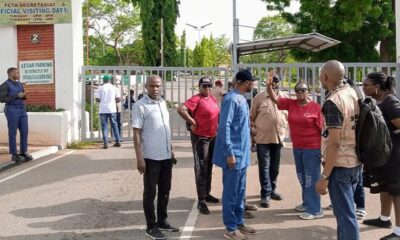
 News2 days ago
News2 days agoFCTA workers urged to continue strike as JUAC files Appeal against Court ruling
-

 News2 days ago
News2 days agoPolice uncover N7.7bn telecoms cyber fraud, arrest six suspects
-
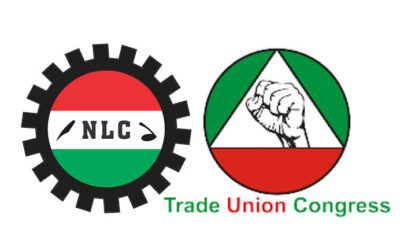
 News2 days ago
News2 days ago‘Workers Are Not Slaves’ — NLC, TUC insist FCT strike remains in force
-
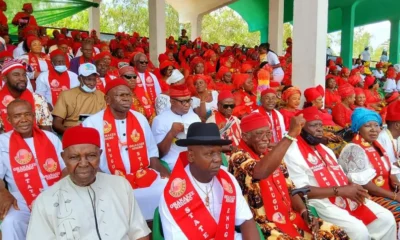
 News2 days ago
News2 days agoOhanaeze backs Soludo on One-Week closure of Onitsha Main Market
-

 NUJ FCT2 days ago
NUJ FCT2 days agoAI will only replace Journalists who refuse to learn — Oyo NUJ Chair
-

 News2 days ago
News2 days agoGov Soludo directs 12 more markets to open on Mondays, warns of closure for defiance

